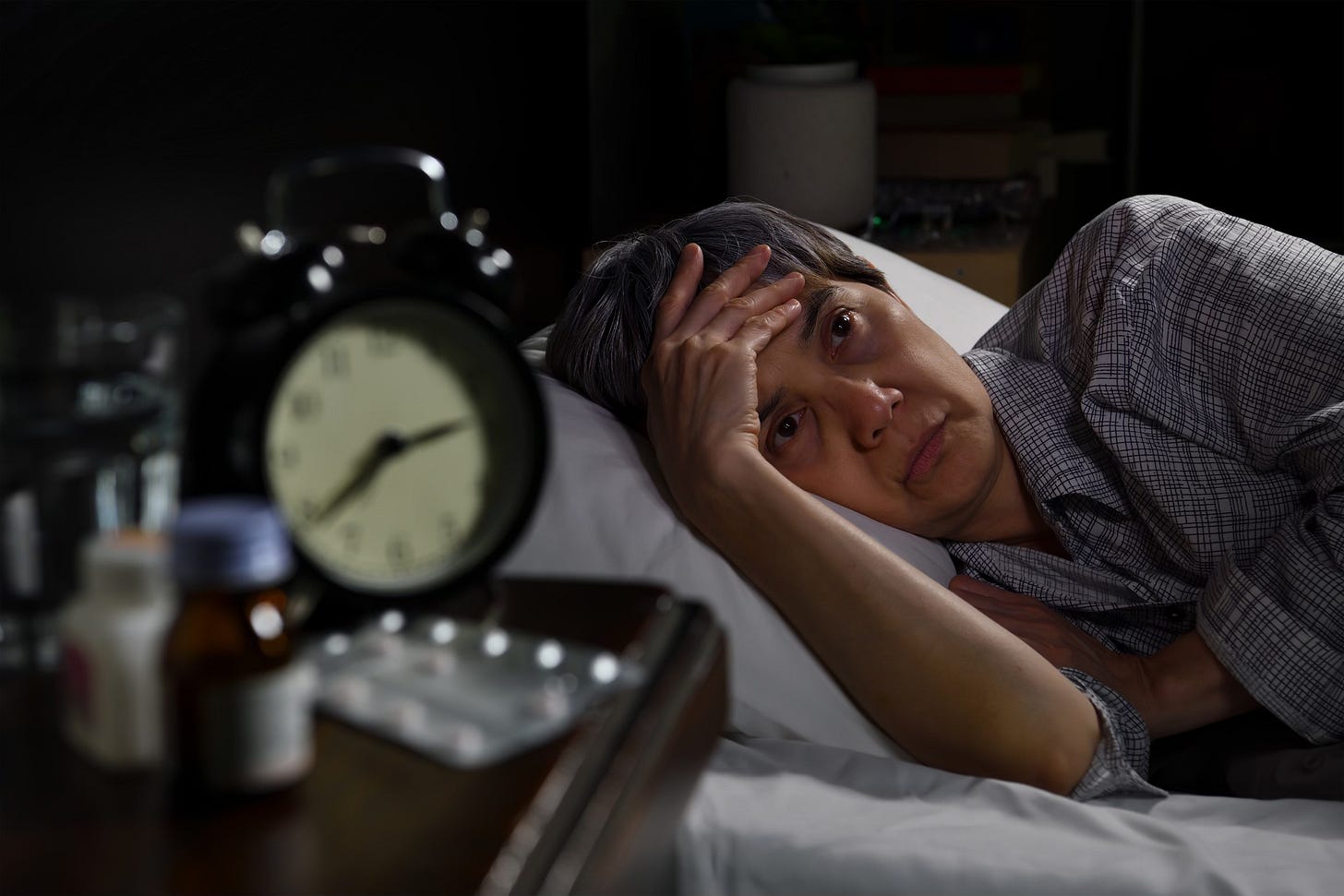Frozen shoulder, or adhesive capsulitis, is one of those conditions that makes both patients and clinicians groan in frustration. If you’ve ever treated someone with it - or worse, had it yourself - you’ll know how stubborn, painful, and downright annoying it can be. It typically affects women between 40 and 60 years old, often with no obvious cause. And while we diligently screen for diabetes, thyroid dysfunction or previous shoulder injuries, are we overlooking something else? Could oestrogen deficiency be the missing piece of the puzzle?
The Usual Suspects: What We Know About Frozen Shoulder
Frozen shoulder is characterised by inflammation and progressive fibrosis of the glenohumeral joint capsule, leading to pain and significant loss of movement. It follows a predictable course: painful freezing, stiff frozen phase, and eventual thawing - but the journey can take months or even years. The condition can be debilitating, impacting daily activities such as dressing, driving and even simple tasks like reaching for a shelf.
Traditionally, we link it to factors such as:
Diabetes | With an incidence of up to 20% in diabetics versus 2-5% in the general population, diabetes is a well-established risk factor. [1]
Thyroid Dysfunction | Both hypo- and hyperthyroidism have been implicated, though the mechanism is not entirely clear. [2]
Trauma/Pain | Immobilisation through trauma, existing shoulder pain or medical issues such as a stroke can trigger the process. [3]
But what about hormonal changes, particularly in midlife women? Given that frozen shoulder is disproportionately seen in females in their 40s and 50s and often without a clear cause, it’s time to question whether the menopause plays a role.
The Oestrogen Connection: What’s the Evidence?
The link between oestrogen and musculoskeletal health is well established [4], but its role in frozen shoulder is an area of growing interest. Given that the condition predominantly affects women in midlife, when oestrogen levels begin to decline, it raises the question: could hormonal changes be a contributing factor?








